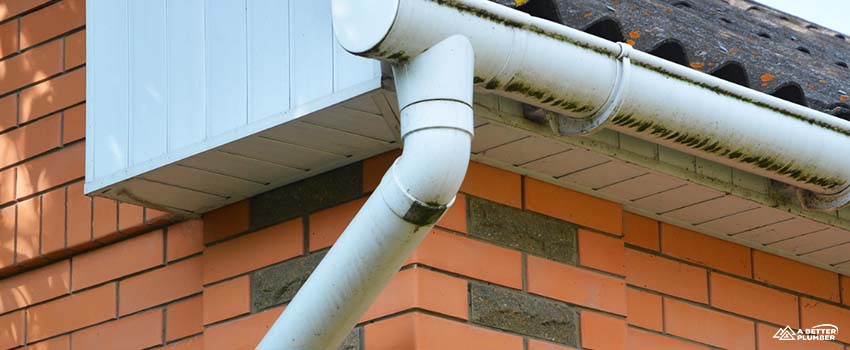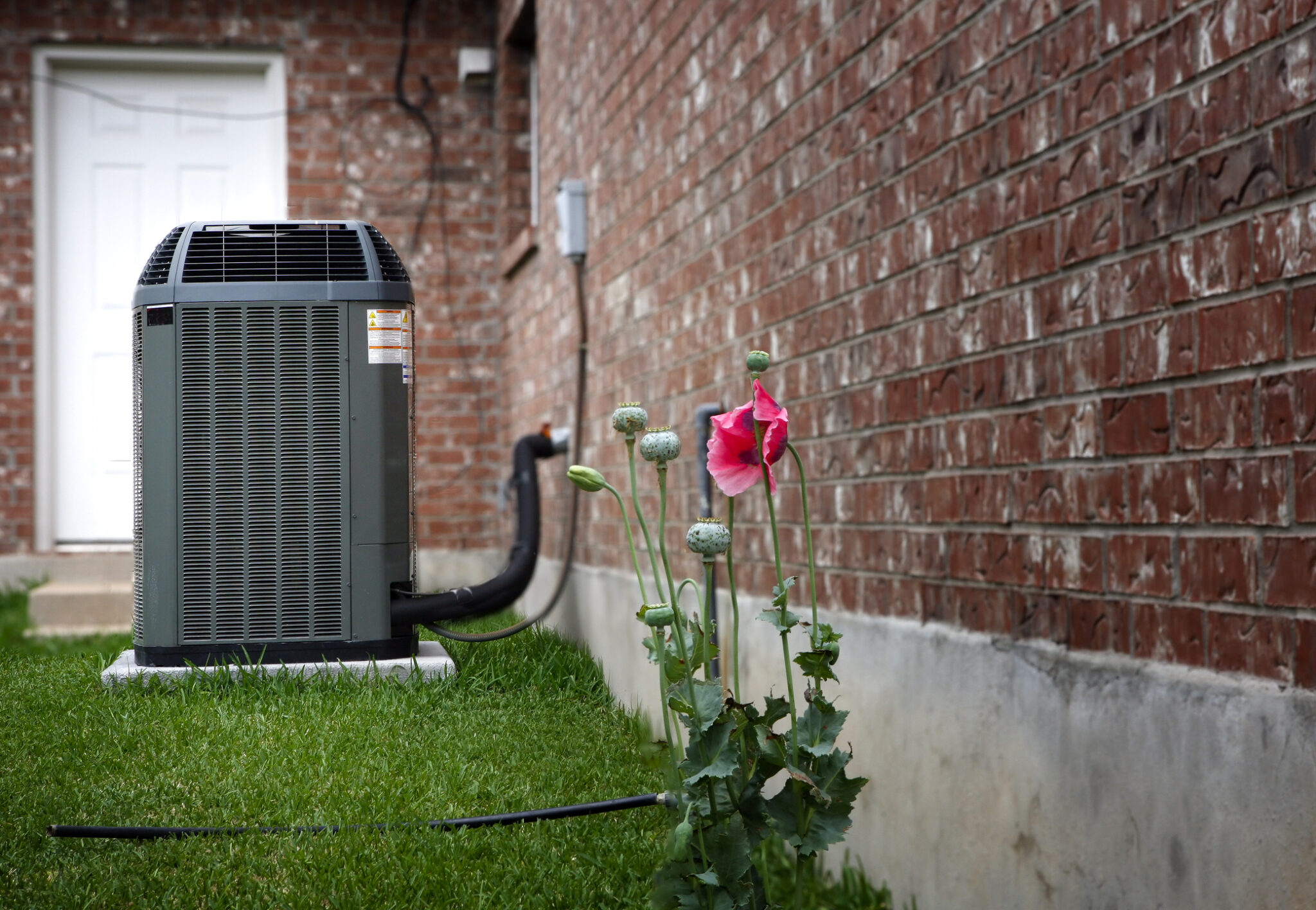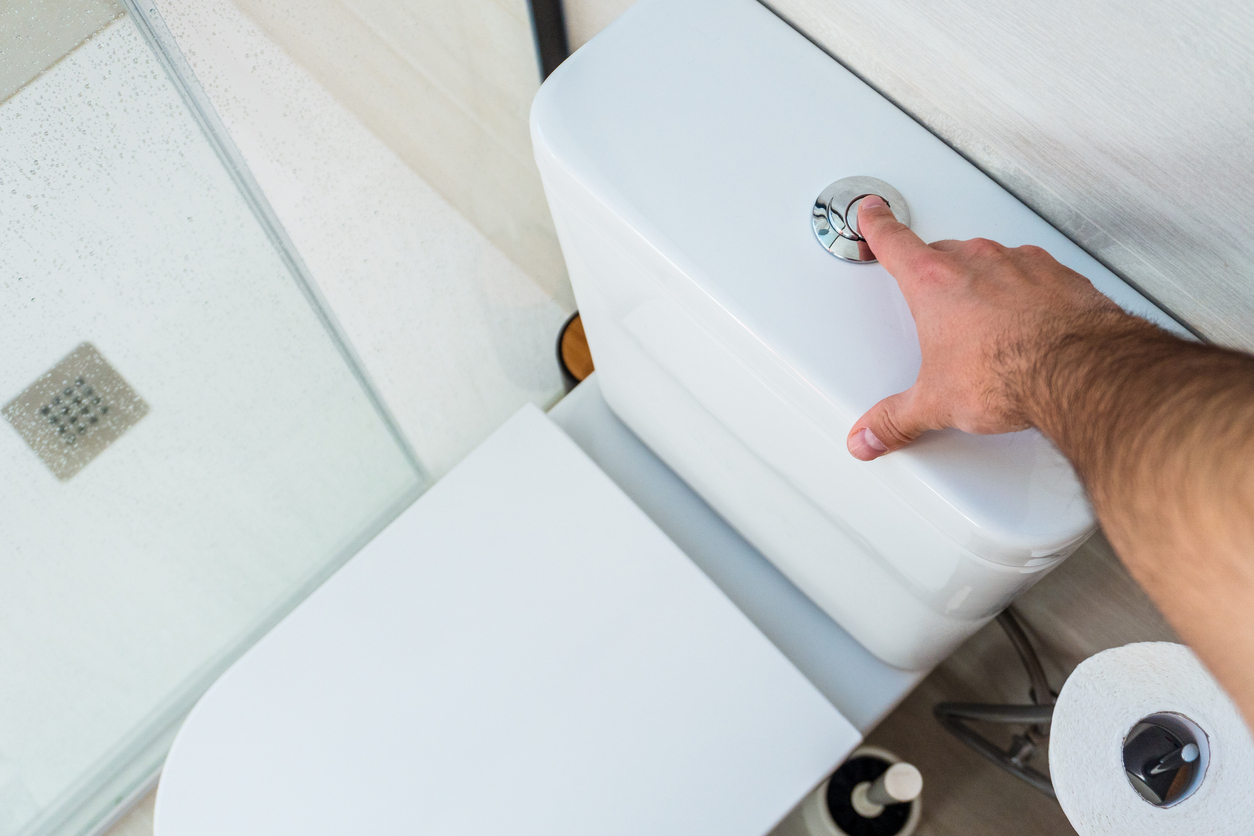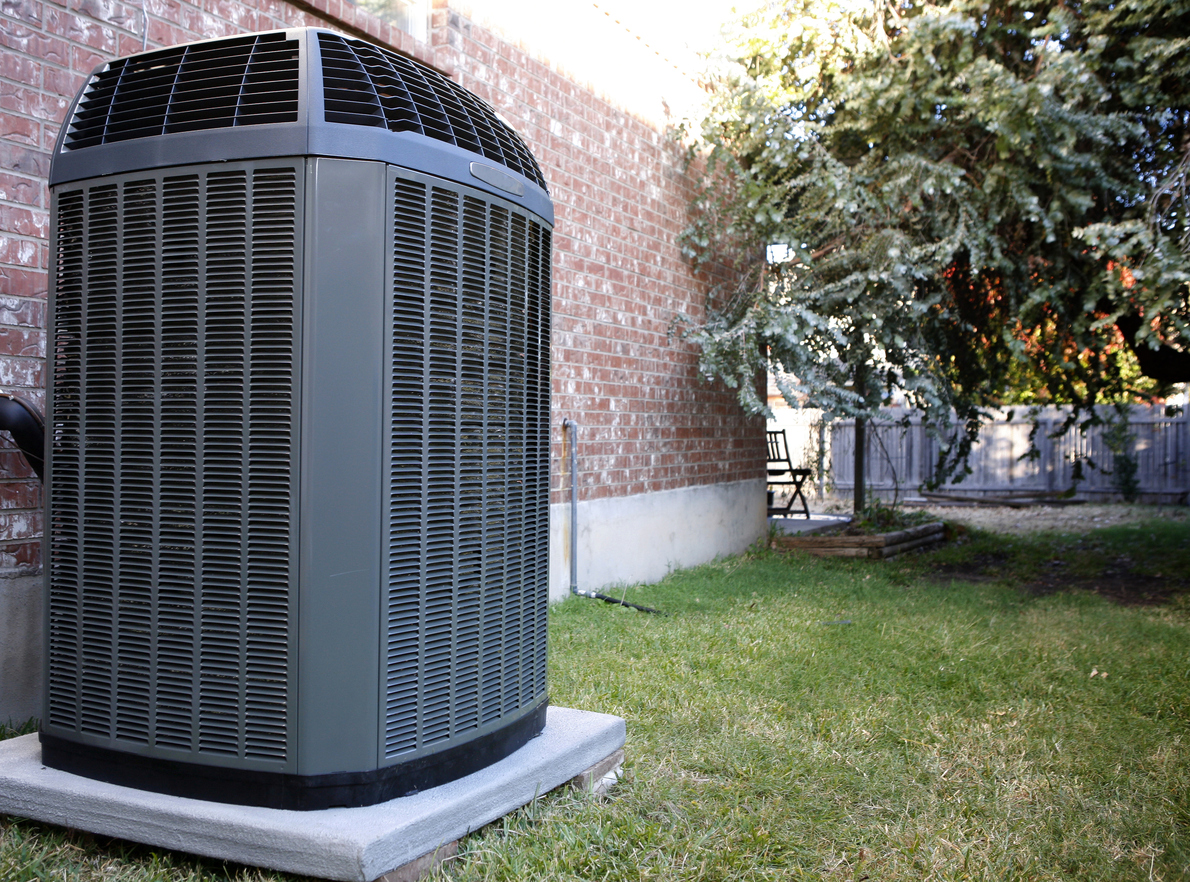4 Types of Home Drainage Systems

Drainage refers to the process of removing water from a surface or subsurface area. It comes in two kinds, namely, natural and artificial. Natural drainage can be found in several places. A good example would be farmlands, where excess water moves freely from the fields as it makes its way to rivers, lakes, and other bodies of water.
However, natural drainage may be insufficient, especially if people build structures that impede the natural flow of water. The solution to this is the creation of man-made or artificial drainage. This type of drainage is often built as part of a more extensive system that includes all the pipes installed in private and public properties. Artificial drainage systems collect rainwater, sewage, and other liquid waste and transport these to a disposal point. Additionally, artificial drainage prevents gasses found in septic tanks and sewers from reaching residential homes, resulting in better air quality and, thus, healthier living conditions within a given place.
Types of Home Drainage Systems
In many residential areas, the drainage system works on moving excess water away from the main property. The system is usually designed to drain water from roofs, walkways, and driveways and plays a crucial role in protecting the home from water damage, mold, and rotting.
Below are the common types of residential drainage systems.
1. Surface Drainage
This type of drainage system focuses on getting rid of water from the top or surface part of your home. This is usually done with the help of shallow ditches or open drains that are dug in parallel patterns. These act as canals that redirect water flow to the main drain.
Surface drainage systems are recommended if you live on a generally flat land, but they should also work well for driveways and walkways. In some cases, the ground surface can be shaped or graded so that it slopes towards the ditches or open drains.
2. Subsurface Drainage
A typical subsurface drainage system can remove excess water from the soil at the root level. This drainage system is sometimes known as the French drain and is usually installed below the top layer of the soil. However, tree roots and those of other plants can become waterlogged because of this drainage type, which can eventually lead to root rotting.
3. Slope Drainage
Slope drainage involves using pipes, but these are not installed underground. Instead, they are attached to a slight slope and placed on an incline. The sloped setup allows water to flow away from your house naturally.
The pipes used in slope drainage can be made of steel, plastic, or concrete. This hardly matters, though, because the pipes usually are coated with a protective layer to prevent people from accidentally falling into the drainage.
4. Downspouts and Gutters
The first defense of any home against excess stormwater is its gutter and downspout systems. The two are closely linked to one another, so building them requires careful planning to ensure they will function as expected.
Briefly, the gutters remove excess water from your roof, with the downspout collecting and directing it away from the source and toward the ground. Often, there’s a slope created below to prevent water from pooling at the base. From here, the water should flow to the streets before getting routed to public drainage lines.
Benefits of Having Home Drainage Systems
The costs of installing an effective drainage system can seem daunting at first. However, this will hardly matter once you realize the many rewards that you could enjoy in the long term. These can include the following:
1. A drainage system can help reduce water buildup.
Drainage systems allow water to flow freely, preventing this from collecting in one place and becoming stagnant. Non-moving water can become breeding grounds for mosquitoes and other disease-carrying insects. Also, your home has a lower chance of flooding if you have a working home drainage system.
2. A drainage system can prevent soil erosion.
Over time, soil disintegration can occur due to a water buildup in a given area. This can result in muddy surfaces, which then leads to soil erosion. Home drainage systems can regulate moisture, so you don’t have to worry about the topsoil in your garden suddenly moving or collapsing.
3. A drainage system promotes healthy living.
A well-maintained drainage system helps reduce incidences of blocked pipes due to accumulated sediments and waste. This can prevent the growth of harmful bacteria that can cause diseases and other health problems.
4. A drainage system can increase the resale value of the home.
A good home drainage system can prevent dampness, mold growth, and home foundation problems. They can help keep your house and everything inside in good condition. This can allow you to place a reasonable sale price on the property if you have plans to sell it in the future.
Key Takeaway
Taking the time to learn about the different types of drainage systems should allow you to understand better how they work in removing water from your home and guiding it to where it should go. Simply put, the quicker water is removed from any structure or area where pooling could occur, the better.
Unfortunately, many homeowners tend to forget just how important a drainage system can be. Yet, they are quite effective in keeping houses from getting flooded while ensuring that water is preserved and not wasted unnecessarily.
If you’re having drainage issues, contact Absolute Electrical Heating and Air.
Home drainage is an important component of your plumbing because it’s one of the things that can keep your property safe from disasters like floods. If the system is not working properly, you could end up having a severe plumbing problem on your hands. This is where Absolute Electrical Heating and Air can be of service.
If an ineffective drainage is what you’re dealing with currently, get in touch with us right away. We have a professional team of Aurora plumbing experts who are willing to help you find the most appropriate solution to your problem. Call us now and expect excellent plumbing services from the acknowledged plumbing specialist.
CONTACT US
Request Service


Save Every Year with an Absolute Advantage Membership
Expert Annual System Safety Inspections & More
- Priority service
- Waived dispatch fees
- Yearly furnace, A/C, & electrical system inspections
- 10% discount on repairs and additional diagnostic services
- Up to $500 off HVAC & electrical panel replacements







